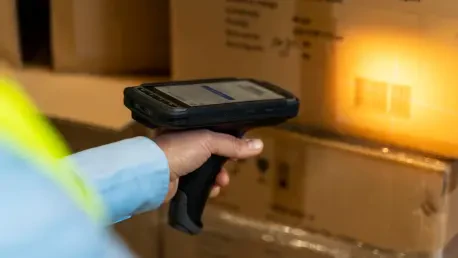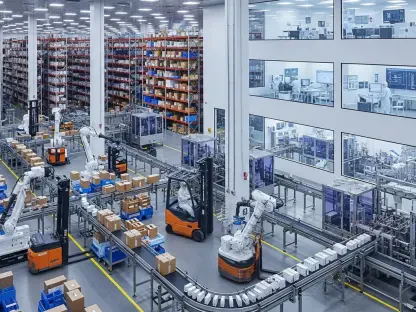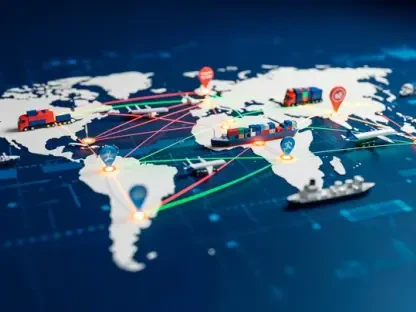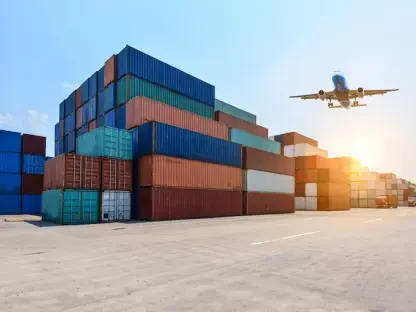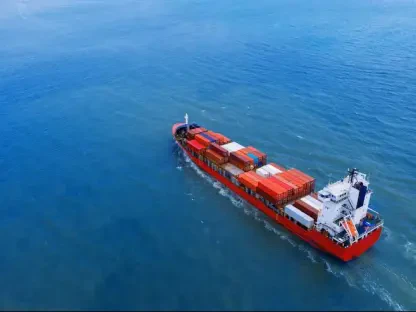Imagine a logistics sector where environmental impact and efficiency coexist harmoniously. For years, this vision has been considered contradictory due to the extensive use of single-use plastics and the operational complexities of logistics. However, recent advances in technology, particularly RFID inmould labels, could transform this sector by integrating sustainable practices without hindering productivity.
The Growing Need for Sustainable Solutions
The logistics industry faces mounting pressure from environmental regulatory bodies and society to reduce its ecological footprint. Single-use plastics dominate the sector, contributing significantly to pollution. As industrial sectors experience a shift toward green practices, logistics companies are forced to devise new strategies to tackle environmental challenges. Achieving sustainability in the logistics and packaging sectors is no longer an option but a requirement driven by external pressures and internal corporate responsibility.
Understanding RFID Inmould Labels
RFID inmould labels represent a fusion of technology and durability, offering robust solutions capable of withstanding the harshest conditions. They combine RFID Auto ID technology with in-mould labeling to deliver accurate, sustainable identification. The collaboration with EPT is a prominent example, as it marks the transition from single-use trays to reusable ones. Statistics reveal that these labels excel in read range and bulk scanning, significantly enhancing logistics operations. Through extended testing and development, clients have experienced substantial improvements in traceability and sustainability.
Perspectives from Industry Leaders
Experts in various sectors view RFID technology as a game-changer for sustainability. David Stocker, General Manager at Inotec, articulates how these labels promote environmental responsibility while maintaining traceability and durability. Testimonials from logistics firms that have adopted RFID inmould labels underscore their benefits. For instance, logistics companies report enhanced operational efficiency and a significant reduction in plastic waste, demonstrating the labels’ potential to reform logistics.
Implementing RFID Inmould Labels in Logistics
Embracing RFID inmould labels requires strategic integration into existing logistics systems. Steps must be taken to ensure seamless adoption, such as evaluating logistics processes for compatibility with RFID technology and training staff to operate new systems. Despite potential implementation barriers, such as existing infrastructure limitations, companies can overcome these by adopting actionable strategies. Solutions include investing in compatible equipment and leveraging incentives for digital transformation.
Moving Forward with Sustainable Logistics
Looking ahead, Inotec’s RFID inmould labels offer logistics companies a realistic path toward sustainability. The integration of these labels in operations presents actionable steps toward reducing waste and complying with environmental regulations. By embracing this innovative solution, logistics can pave the way for a greener future, prioritizing both ecological responsibility and operational efficiency. The next steps involve widespread adoption, demonstrating how technology can revolutionize the logistics sector with sustained focus and commitment to change.
